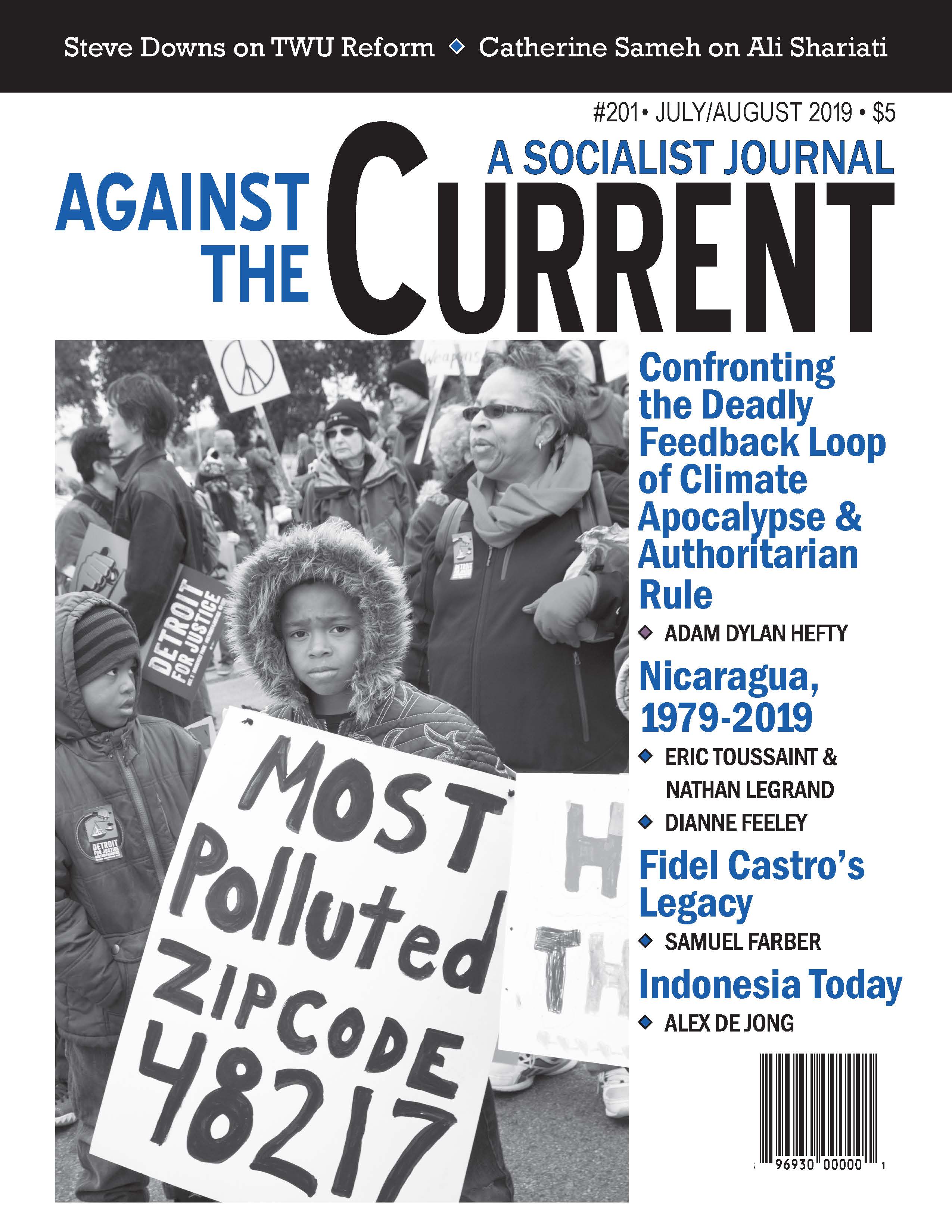
Erynn Casanova (Alum, 2009)
Dust and Dignity: Domestic Employment in Contemporary Ecuador
(ILR/Cornell University Press, 2019)
What makes domestic work a bad job, even after efforts to formalize and improve working conditions? Erynn Masi de Casanova’s case study, based partly on collaborative research conducted with Ecuador’s pioneer domestic workers’ organization, examines three reasons for persistent exploitation. First, the tasks of social reproduction are devalued. Second, informal work arrangements escape regulation. And third, unequal class relations are built into this type of employment. Accessible to advocates and policymakers as well as academics, this book provides both theoretical discussions about domestic work and concrete ideas for improving women’s lives.
Drawing on workers’ stories of lucha, trabajo, and sacrificio—struggle, work, and sacrifice—Dust and Dignity offers a new take on an old occupation. From the intimate experience of being a body out of place in an employer’s home, to the common work histories of Ecuadorian women in different cities, to the possibilities for radical collective action at the national level, Casanova shows how and why women do this stigmatized and precarious work and how they resist exploitation in the search for dignified employment. From these searing stories of workers’ lives, Dust and Dignity identifies patterns in domestic workers’ experiences that will be helpful in understanding the situation of workers elsewhere and offers possible solutions for promoting and ensuring workers’ rights that have relevance far beyond Ecuador.
Erynn Masi de Casanova is Professor of Sociology at the University of Cincinnati. She is author of Making Up the Difference (available in Spanish as Vendiendo Belleza) and Buttoned Up. With Afshan Jafar, she co-edited the books Bodies without Borders and Global Beauty, Local Bodies.
https://www.cornellpress.cornell.edu/book/9781501739460/dust-and-dignity/ [cornellpress.cornell.edu]





Recent Comments